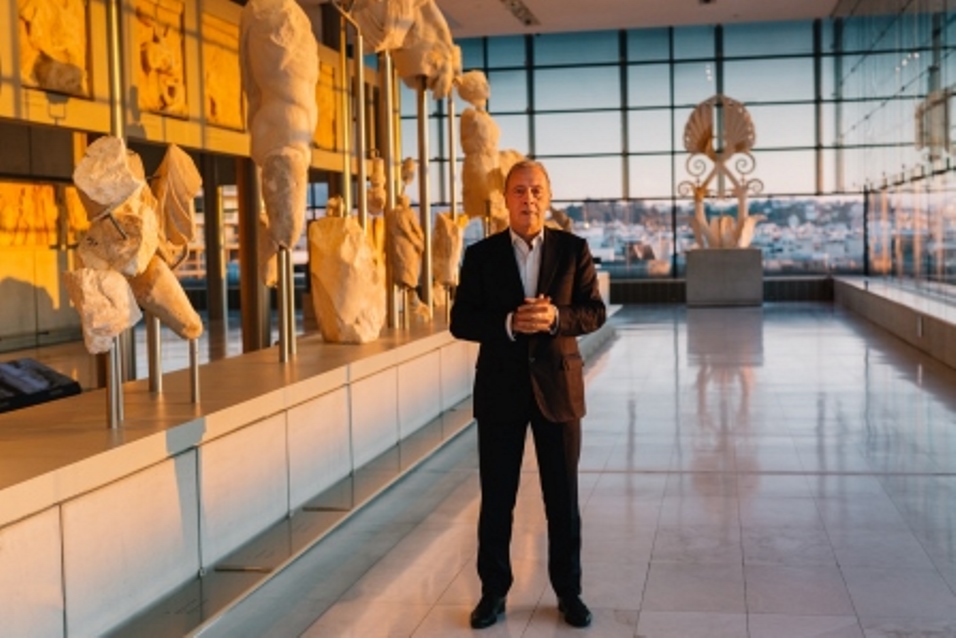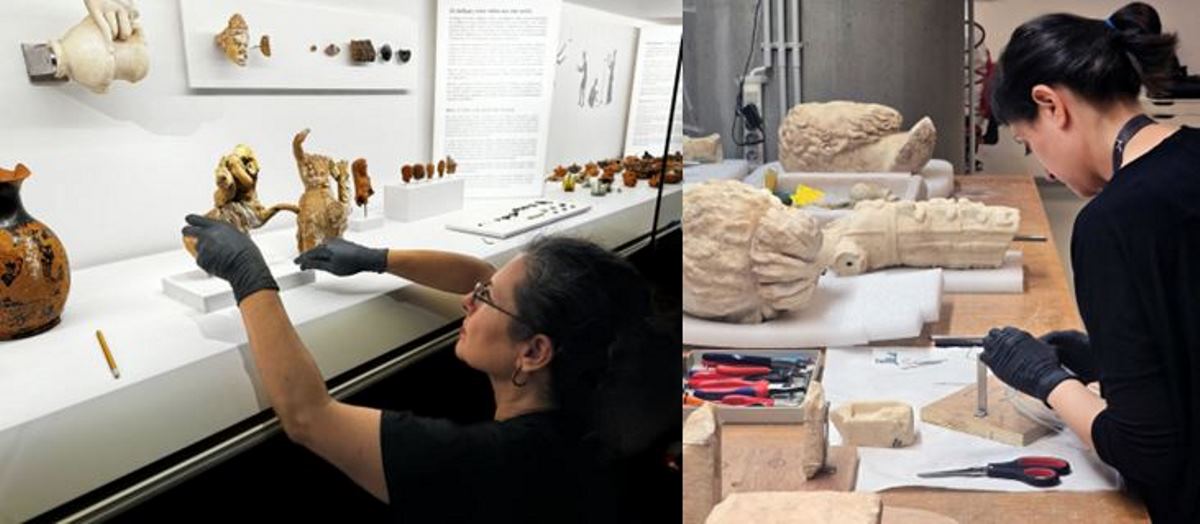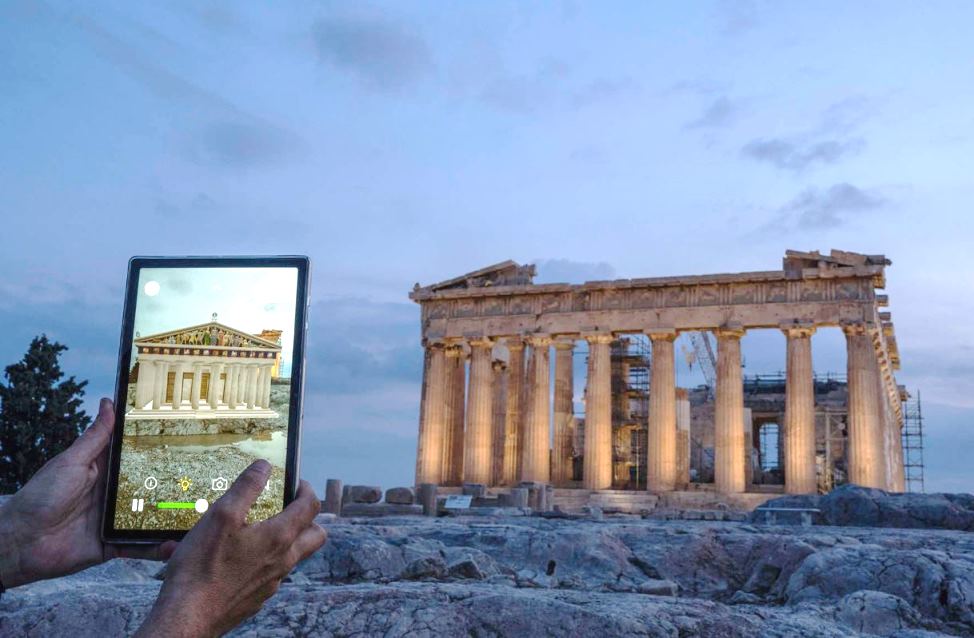London, Mar 29 : Ministers in Britain are all set to support a new law that would allow museums in the country to return artwork looted by the Nazis to Holocaust survivors and their descendants.
The bill, named the Holocaust (stolen art) restitution bill, would change the legislation that forbids national museums and galleries, including the British Museum, British Library and National Gallery, from disposing of items in their collections.
Despite commitments made after the Second World War, a large number of artefacts stolen by the Nazis have not been returned to their rightful owners.
However, over the last decade, the UK government has stepped up efforts to help Holocaust survivors and their relatives' trace and recover lost works of art.
And now, they are preparing to support a private members' bill introduced by Andrew Dismore, the Labour MP for Hendon.
"I hope it will close another chapter from the Holocaust," the Guardian quoted Dismore as saying.
He added: "It means recognising a right that has been denied for decades. I suspect many people would be prepared to allow their artwork to stay in public collections but it's their right to decide what happens to it."
The bill will go for its second reading on May 15.
The move comes in line with a number of cases in which artwork stolen by Nazis could not be returned to their owners or descendants of Holocaust survivors.
Over the past 10 years, the Commission for Looted Art in Europe has helped to restore more than 3,000 items, including paintings, drawings, silver, books and manuscripts to their rightful owners.
However, experts are hoping that the bill would apply to a relatively small number of items in UK museums.
The legislation is being drafted to apply to "objects stolen between 1933 and 1945 by the Nazi regime" to avoid bids to repatriate disputed artefacts such as the Parthenon sculptures, Rosetta stone, Benin bronzes and Lewis chessmen.
Christopher Price, deputy chairman of the British Committee for the Reunification of the Parthenon Marbles, said: "It will give us publicity, even if it won't shift the law. It could lead to more discussions about possible legislation on other disputed objects."





Comments powered by CComment